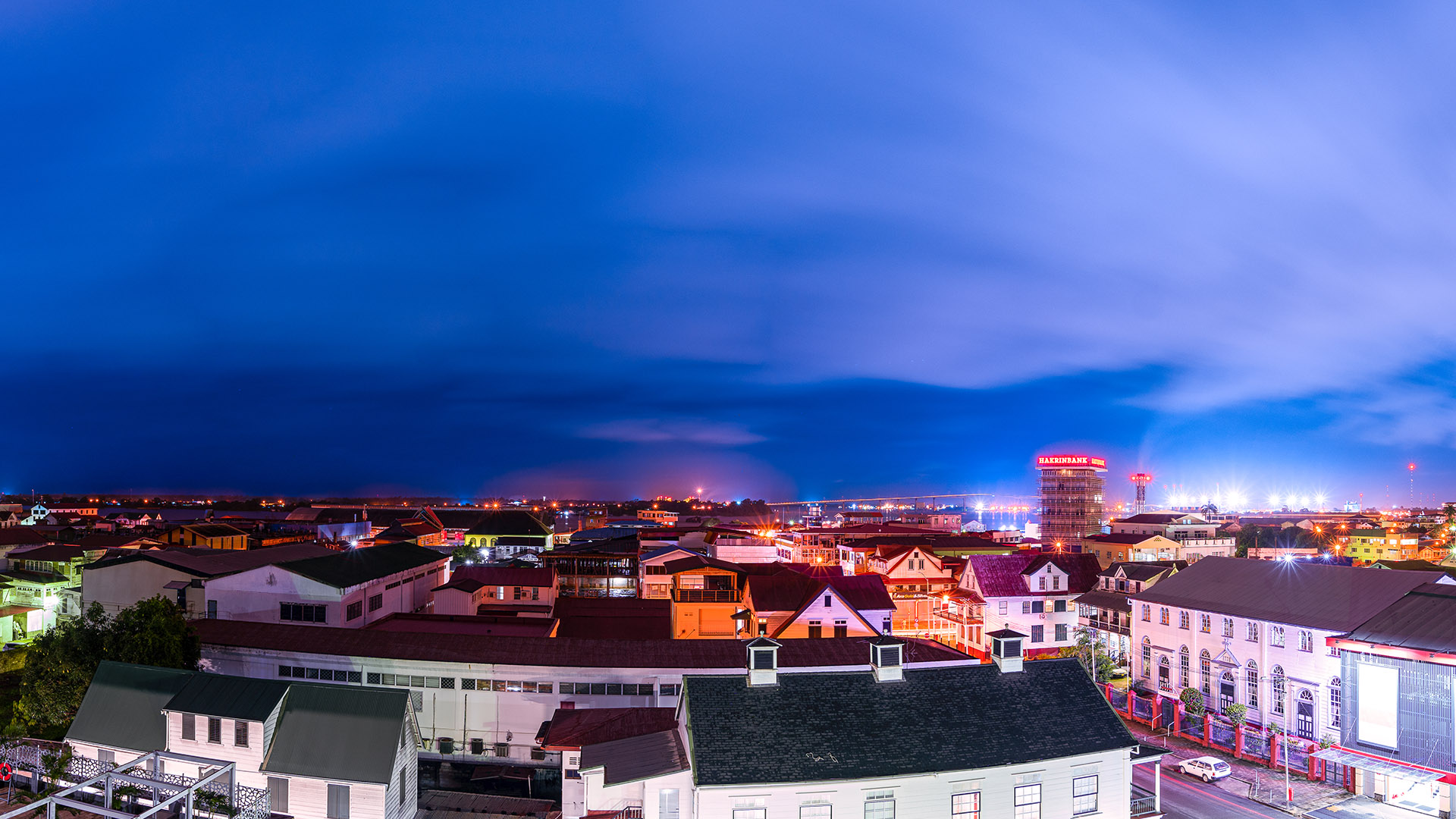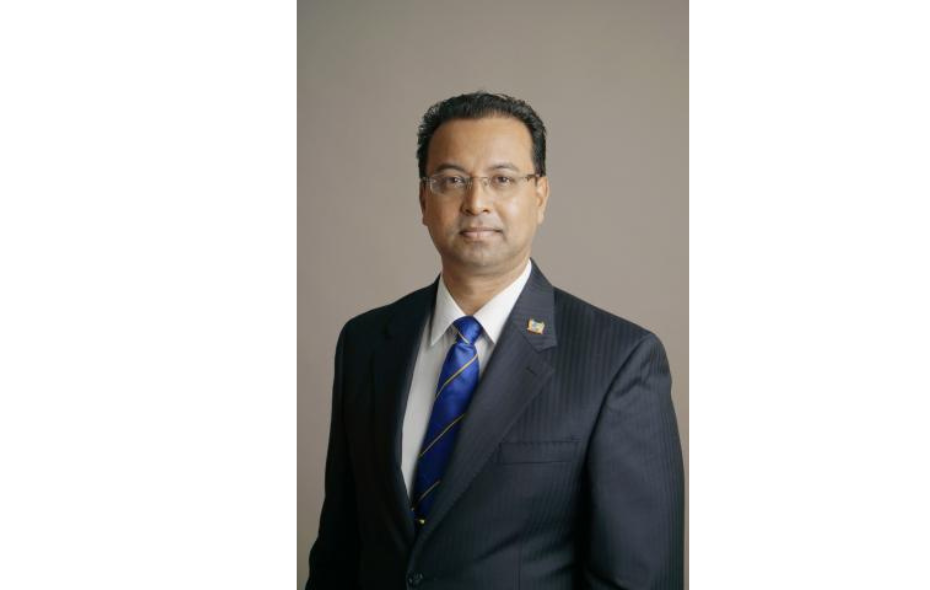Towards better infrastructure for sustainable development in Suriname
In the next few years, Suriname will have to invest even more than ever in expanding, improved and innovative infrastructure. This is necessary as a result of the enlargement of residential areas, the need for more industries and business premises, and more tourist and catering establishments. The challenge of giving access to roads to remote locations (such as Apoera), and residential communities (such as Stoelmanseiland) calls for innovations in road construction. For example, a four-kilometer dirt road in Commewijne will soon be paved without the use of any asphalt or paving stones. The limited resources available ensure that innovative methods are currently being launched in infrastructure, such as in road construction, but also Public Private Partnership models for realizing new infrastructure construction.
Trade and tourism between Suriname, French Guiana, Guiana, Brazil, and the world must be expanded. Within this framework, the government of Suriname, together with the Ministry of Public Works is carrying out preparations for the construction of the bridge over the Corantijn River, the Marowijne River, and an additional bridge over the Suriname River. The Albina-Commewijne road has already been improved, and currently, the Kwatta-Nieuw Nickerie road, worth USD 80 million, is being improved. To promote import and export, at present, the navigation channel of the Suriname River is being deepened to a depth of at least 5.5 meter. Costs of this dredging project approximately amount to USD 40 million. In addition, the Zanderij-Apoera road will soon be tendered out for repairs. All these major projects are organized and implemented in PPP.
Developments in the offshore oil and gas industry have accelerated investments in PPP for river and seaports. Preparations are currently being made for the construction and/or expansion of five river ports in the context of a PPP project, namely in the Suriname River, and the Nickerie River. At Paramaribo’s largest port, the access roads and traffic flows to this port will be modernized, valued at USD 45 million. There will be a new port terminal, smart traffic lights, a six-lane road, and a new sewerage system in this area. In addition, the expansion of the JAP International Airport will soon be starting.
Currently, climate change and sea level raise serious concerns for Suriname. In the coming years, the coastal embankments along rivers and the sea will be restored, and new pumping stations will be installed nationwide with support from international donors. As a result, production areas (such as agriculture), and residential and living areas of thousands of people will be better protected. At present, one of the largest projects is the protection of a ten-kilometer coastline near Weg naar Zee against coastal erosion and sea level rise by means of mangroves. To further alleviate the major land drainage issues in Paramaribo and Wanica, the Saramacca Canal project (USD 35 million) is being implemented, deepening the canal, and restoring all hydraulic works (such as the locks).
In order to facilitate socio-economic developments in the coming years, in addition, various local and international investors are building hotels and residential houses/apartments. Various dilapidated monumental buildings in Suriname’s city center are currently being restored. Encouraging more green areas will be further addressed by the Ministry of Public Works. More trees along primary roads (such as Mr. J. Lachmonstraat), more squares including palm trees, and more flower beds will be established. Also, disposal of the increasing amounts of waste will be improved. In the coming months, waste processing will be increased, and in particular, the city center and other cities will get a facelift by placing new waste bins and reducing street waste. In order to improve road safety for schoolchildren on the street, or residents in distant locations (such as plantations), traffic equipment is being improved nationwide (such as road markings), and broken wooden jetties and bridges are being replaced nationwide by sustainable jetties (for example made of concrete and composite). This should also improve tourist safety.
The national sustainable approach to small, medium, and large infrastructural projects, such as in terms of technology and government funding, and funding by private individuals and in a PPP context, should ultimately result in an accelerated upturn in the economy, and an improved social situation for many residents in Suriname.
Dr. Riad Nurmohamed
Minister of Public Works



